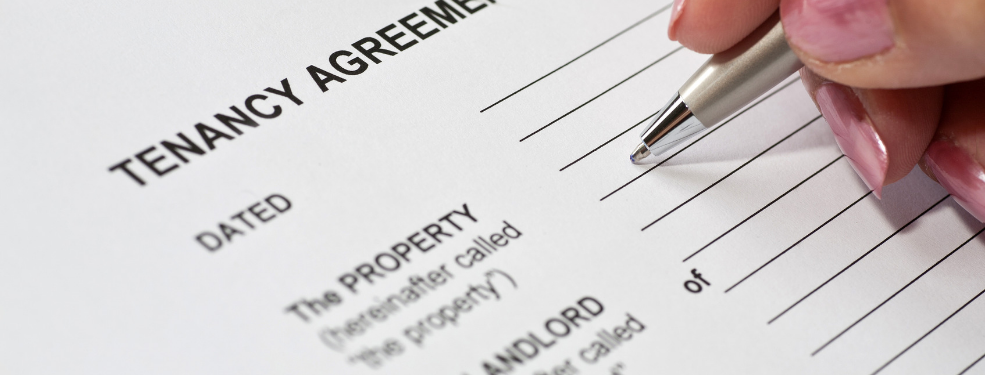As house prices continue to rise, it is becoming more difficult for people to get onto the housing ladder, instead choosing to rent their property from a landlord. When privately renting, both the tenant and landlord have a number of rights and responsibilities. These must be upheld throughout the duration of the tenancy. It is important to ensure you are aware of your fundamental rights, which are often outlined in your tenancy agreement.
What Are My Obligations As A Tenant?
Whilst your landlord or letting agent will have a number of responsibilities they must meet, there are also a series of obligations that you as a tenant must follow. These will be outlined in your tenancy agreement and will include:
- Paying rent on time
- Payment of all utility bills unless previously agreed with the landlord
- Maintaining the property to an acceptable state of cleanliness and everyday maintenance
- Being respectful of neighbours and ensuring you, and any visitors, do not cause a nuisance
Additionally, landlords have the right to enter the property in order to carry out inspections or undertake any maintenance work. However, they are required to give 24 hours’ notice unless it is an emergency. If they are requesting access at a reasonable time of the day and have provided sufficient notice, you must allow them access. If you don’t meet the responsibilities or are in breach of your tenancy agreement, your landlord has the right to take legal action and evict you from the property.
What My Rights As A Tenant?
When letting a property, landlords are legally required to meet a number of obligations as outlined in the Residential Tenancies Act (2004). Under this right, they have a series of responsibilities including:
- Ensuring the property is fit for habitation at all times
- Repairing any structural or exterior damage to the property
- Maintaining all plumbing and heating systems throughout the home
- Maintaining all oil, gas or electrical appliances that have been provided in the rental agreement
- Ensuring fire safety of any furniture provided under the tenancy
- In multi-occupancy properties, the communal areas should also be maintained as stated in the agreement
For a detailed listing of your rights as a tenant, visit the Residential Tenancy Board’s ‘Guide to the Residential Tenancies Act’.
Unfortunately, situations can occur where you may feel that your landlord is not meeting your basic tenancy rights. If you are experiencing this, we would recommend discussing the problem promptly, followed by writing a letter outlining the discussion. If this does not resolve the issue, all tenants can apply to the RTB for dispute resolutions. The RTB will provide a confidential mediation service however, if this fails, adjudication may be required.
Renting a property should be a positive and stress-free experience, with both the landlord and tenant respecting one another. If this is not the case and you find yourself in a dispute regarding your tenancy, contact H McPartland & Sons today for professional, legal advice. Our experienced solicitors will be able to advise you on tenant law and answer any queries about the dispute process

